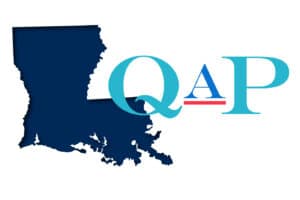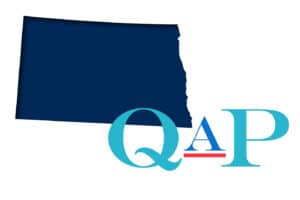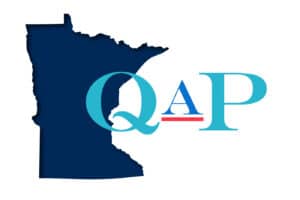Florida Housing updated the following compliance and & asset management COVID-19 guidance for property owners and managers on January 28:
General update regarding compliance monitoring
Florida Housing remains committed to finding ways to be creative and flexible in its processes and limiting the amount of disruption to the flow of business while simultaneously finding and maintaining a safe and heathy environment for all those who live or work at a FHFC-financed development while mitigating risk to both people and programs.
Florida Housing will continue to closely monitor and evaluate information and guidance provided by state and federal agencies and provide notice when new directives are issued. This guidance does not constitute legal or tax advice and does not offer any assurance as to what position HUD or the Internal Revenue Service would take.
Management Review and Physical Inspection (MRPI)
Management reviews and physical inspections are temporally postponed beginning April 1, 2020 and ending September 30, 2021 and will resume October 1, 2021.
Per HUD-waiver requirements, postponed management review and physical inspections of HOME program participants will be conducted within 120 days from the end of the period.
Resident Programs, *Common Areas* and Amenities
Monitoring has been temporarily halted for Florida Housing-required resident programs or amenities that are social or recreational in nature and encourage gathering.
*In accordance with IRS Notice 2021-12: Florida Housing will allow the temporary unavailability or closing of common areas and amenities at LIHTC, Tax Credit Assistance Program (TCAP) and Tax Credit Exchange Program (TCEP) properties through September 30, 2021, if the unavailability or closing is in response to the COVID-19 pandemic.*
Resident file *documents and signatures*
The HUD 4350.3 Occupancy Handbook contains guidance regarding extenuating circumstances that cause delay in the execution of its consent forms and HUD 50059 tenant certification and until the IRS issues guidance to the contrary, Florida Housing will emulate HUD and apply the extenuating circumstances principals and postpone execution of all verification and certification documents. The owner must document the reasons for the delay in the resident file (“Applicant/resident did not sign due to COVID-19 risk.”) and indicate how and when the tenant will provide the proper signature.
The review of documents provided by an applicant/resident is acceptable third-party verification according to the HUD 4350.3 guidance. However, again per the 4350.3, it’s acceptable to resort to the Family Certification method (self-certification) if the information cannot be verified by another acceptable verification method. In these instances, the owner must include in the resident file a description of the attempts first made to obtain the actual third-party verification documents. Paragraph 5-18 E in the 4350.3 includes guidance for documentation requirements when third-party verification Isn’t available. Currently, the existence of extenuating circumstances that might delay actual execution of a document is not reason enough to skip directly to Family Certification. Please note that HUD requires a Family Certification to be notarized and include a statement to the veracity of the information provided; HUD allows an owner to witness the family signature(s) in lieu of notarization.
When there is a delay in obtaining and/or witnessing the actual family signature(s) due to extenuating circumstances this fact should be noted initially and then when the signatures are subsequently obtained a reference to the original statement can be made to explain what would otherwise appear to be tardy execution of the “Family Certification” (similar to a “true and correct as of [date]” statement). The date the signature was obtained must be entered on the document.
*When income determination is conducted by telephone, the written record of the telephone conversation should include the penalty of perjury statement that pertains both to the person taking the statement and the applicant.*
Tenant income certification requirement in IRS regulation 1.42-5(c)(1)(iii)
Owners of LIHTC, TCAP, TCEP low-income buildings are not required to perform income recertifications under 26 CFR Section 1.42-5(c)(1)(iii) in the period beginning April 1, 2020 and ending September 30, 2021. The owner must resume the income recertifications as due not later than October 1, 2021. Student documentation is not affected and shall continue to be collected as due.
Housing Credit Annual Owner’s Certificate (AOC-1) submission
*In accordance with IRS 2020-23*, the due date for electronic submission of the 2019 AOC-1 for a Development within the 15-year federal Compliance Period * was extended to July 15, 2020. The 2020 AOC-1 remains due on or before April 30,2021.*


